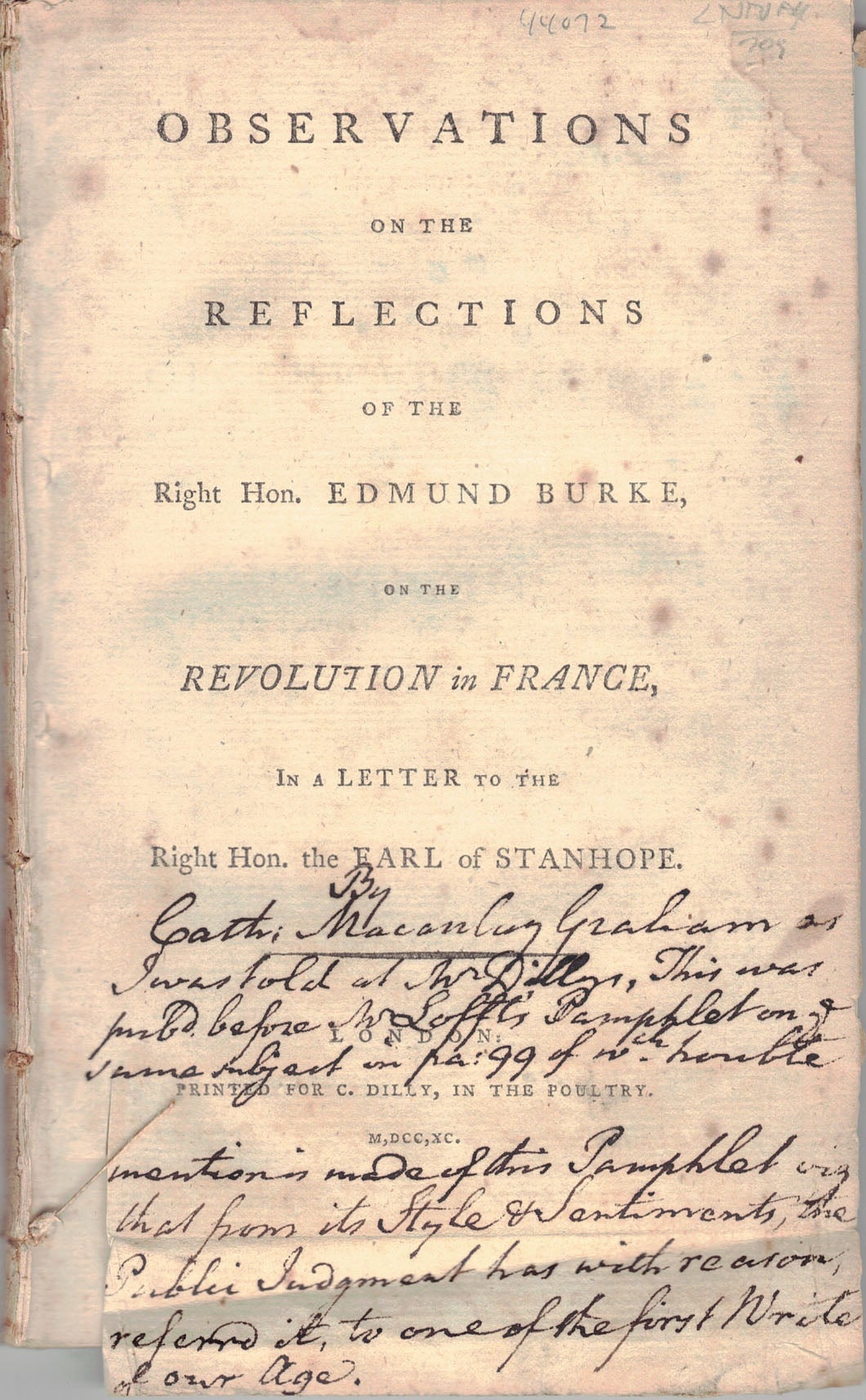



1 From its first appearance late in 1790, readers have responded to the astonishing range of cultural, historical, intellectual, and literary reference in the Reflections (as, indeed, in Burke's other writings on the French Revolution). The status of Edmund Burke's Reflections on the Revolution in France as a classic text in political theory can be ascribed to the thoroughness with which it articulates a philosophical argument for political conservatism and to its undeniable rhetorical and literary power. Race and Slavery Anti-Semitism, Millenarianism, and Radical Dissent in Edmund Burke's Reflections on the Revolution in France Frans De Bruyn In lieu of an abstract, here is a brief excerpt of the content:Įighteenth-Century Studies 34.4 (2001) 577-600


 0 kommentar(er)
0 kommentar(er)
